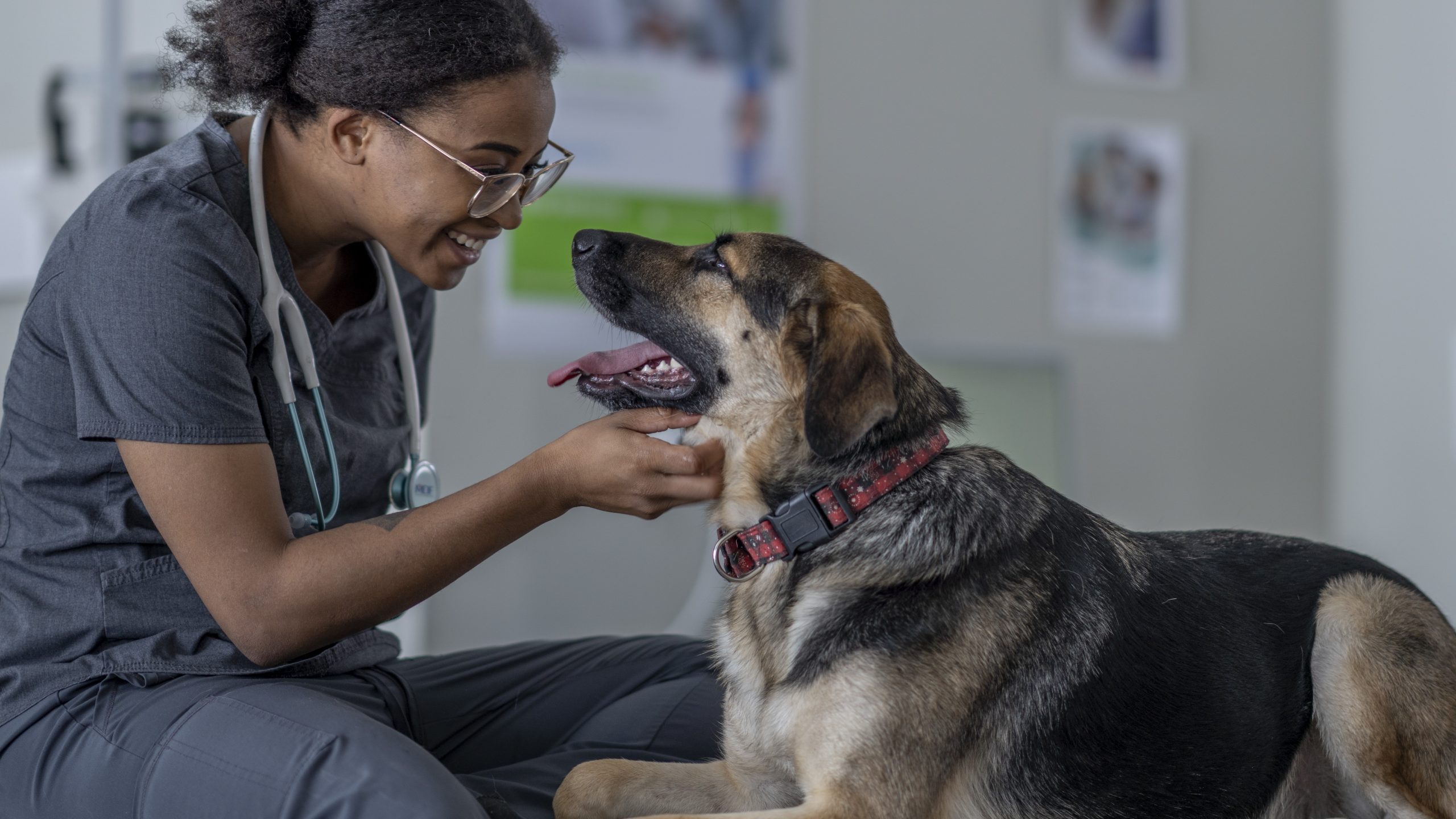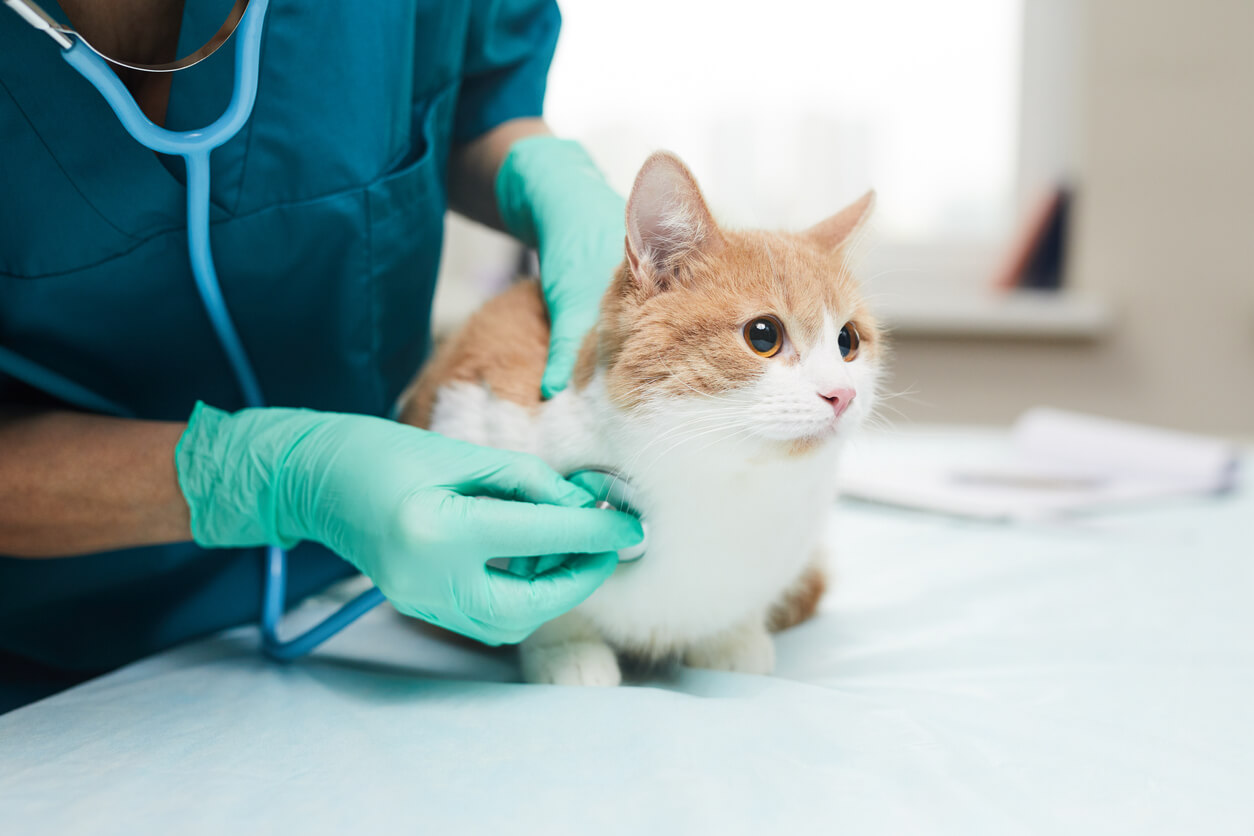The Secret Reasons to Pick an Exotic Vet for Your Reptile, Bird, or Little Mammal
The Secret Reasons to Pick an Exotic Vet for Your Reptile, Bird, or Little Mammal
Blog Article
Indications It's Time to Browse Through Your Neighborhood Veterinarian
When to seek veterinary care for your animal is essential for maintaining their general wellness and health,Recognizing. Refined changes, such as shifts in eating practices or unusual actions, frequently function as critical signs of underlying health and wellness issues. Indications of discomfort or persistent symptoms can signify the demand for instant clinical focus. Being attuned to these subtleties can make a significant difference in your animal's lifestyle. As we discover these indications additionally, it becomes clear that timely treatment can lead to better outcomes for your cherished friend.
Modifications in Consuming Practices
Changes in eating routines can be an essential sign of a pet's total health. An abrupt increase or reduce in food consumption can signal hidden clinical concerns that require vet interest. A significant decline in cravings might recommend intestinal problems, oral concerns, or systemic diseases such as kidney disease or cancer. On the other hand, an unanticipated boost in food consumption could suggest metabolic disorders, diabetic issues, and even behavioral changes.
It is important for family pet proprietors to monitor their pets very closely and note any kind of inconsistencies from their regular consuming patterns. This includes not just the amount of food taken in however likewise changes in the sort of food chosen or unwillingness to eat details items. In addition, pets might exhibit changes in eating habits together with various other signs, such as sleepiness, throwing up, or adjustments in actions, which can additionally help in recognizing possible health and wellness worries.

Unusual Weight Reduction or Gain
Keeping an eye on a pet dog's weight is as crucial as observing their eating practices, as inexplicable weight reduction or gain can indicate severe health issue. A noticeable adjustment in weight, whether it be a substantial drop or an increase, ought to not be forgotten. Such changes can signify hidden medical problems such as diabetic issues, hyperthyroidism, kidney illness, or certain types of cancer.
In canines, abrupt weight-loss can result from gastrointestinal issues, parasites, or oral problems that affect their ability to consume. For cats, weight loss can be especially worrying, as it might show a severe health issue that needs prompt focus. Alternatively, unusual weight gain can be linked to metabolic disorders, over-eating, and even certain drugs that might change hunger.
It is important for animal proprietors to monitor their animals' weight on a regular basis and to note any kind of changes in their body condition. If you observe a constant fad of weight management or gain over a brief period, it is advisable to consult your veterinarian. Early detection and intervention can cause much more reliable treatment alternatives and far better health and wellness end results for your cherished animal.

Altered Habits or Power Degrees
Often, animal owners may see modified actions or energy levels in their pets, which can be an look at this website essential indicator of underlying wellness problems. Adjustments such as raised sleepiness, reduced interest in play, or unusual hostility can symbolize that something is wrong. Pet dogs that usually display high power degrees might all of a sudden come to be lethargic, while those that are usually calm may come to be hyper or agitated.
Furthermore, alterations in daily routines, such as changes in sleeping patterns, hunger, or social communications, warrant interest. A pet dog that no longer greets its proprietor at the door or a pet cat that hides a lot more regularly might be experiencing distress. These behavioral shifts can stem from different variables, including ailment, pain, or psychological distress.

Indications of Discomfort or Discomfort
Acknowledging indicators of pain or pain in pet dogs is critical for guaranteeing their well-being. In addition, an animal might come to be much more taken out or exhibit modifications in their typical sociability, liking to isolate themselves.
Physical indications are also vital to observe. Pets may show altered grooming habits, such as excessive licking of a details area or neglecting their self-care entirely. Hopping, unwillingness to move, or difficulty in standing or lying down are clear indications of discomfort. Adjustments in appetite or drinking behaviors might additionally suggest underlying pain, check this as pets typically dislike food when they are weak.
Additionally, expect uncommon poses; as an example, an useful source animal may embrace a hunched placement or seem to secure a particular area of their body. It is essential to consult your vet quickly if you see any of these indications. Early treatment can bring about much better administration of discomfort and enhance your pet's lifestyle.
Persistent Signs or Health Problem
Consistent signs and symptoms or disease in pet dogs warrant prompt focus and needs to not be ignored. If your pet dog exhibits recurring indicators such as vomiting, looseness of the bowels, coughing, or lethargy for even more than 1 day, it is vital to get in touch with a vet. These symptoms can show underlying health issues that may worsen without prompt intervention.
Chronic conditions, such as allergies, diabetes, or kidney condition, commonly existing with persisting symptoms that can considerably influence your pet dog's lifestyle. Furthermore, modifications in cravings, fat burning, or trouble in motion are red flags that warrant more examination. Neglecting these indications can lead to problems that are much more expensive and challenging to treat.
It is also vital to monitor behavioral modifications, as pet dogs might not constantly exhibit noticeable physical signs. If your pet is uncommonly withdrawn, distressed, or hostile, this can indicate discomfort or pain that needs vet assessment.
Final Thought
Finally, recognition of the indicators showing a requirement for veterinary care is important for preserving pet health and wellness. Modifications in consuming practices, unusual weight changes, altered behavior, indications of pain, and persistent signs should not be overlooked. Prompt treatment by a veterinarian can protect against the development of underlying wellness concerns and make certain proper monitoring. Normal surveillance of a family pet's condition and prompt action in response to worrying signs are crucial parts of responsible pet dog ownership.
Changes in eating routines can be a vital indication of an animal's total health.It is necessary for pet dog proprietors to monitor their family pets very closely and note any type of discrepancies from their normal consuming patterns. Additionally, family pets might show changes in consuming routines alongside other indications, such as sleepiness, vomiting, or adjustments in habits, which can better aid in recognizing potential health and wellness issues.
It is critical for pet proprietors to check their family pets' weight routinely and to keep in mind any changes in their body condition. Regular surveillance of a pet dog's problem and punctual action in reaction to concerning indications are crucial components of liable pet possession.
Report this page